Blogging Basic Tips for Beginners: What to Do and Not Do in 2022

Table of Contents
- What is a Blog?
- Benefits of a Blog and Joining the Blogging Community
- 6 Blogging Basics to Master
- 7 Blog Post Mistakes to Avoid
- Monetizing Your Blog
- Useful Blogging Resources
According to First Site Guide, there are around 570 million blogs on the Internet, and for a good reason. Blogging is an inherent part of content marketing for most brands. It is vital for business growth in the digital era. Businesses that blog regularly see 97% more links and twice the email traffic than businesses that don’t, as per OptionMonster.
So, if you want to scale success, make blogging the foundation of your business. In this beginner’s guide to blogging, we will discuss some blogging basic tips for beginners. But first, let’s talk about what a blog is.
What is a Blog?
In simple words, a blog is an online journal. It is a platform on which individual writers or a team of writers (for a brand) share their views on a particular subject. It is a tool to help you develop your online presence, engage with your audience, attract leads, and ultimately grow your business. Anyone can master blogging basics, create content in their niche of interest and expertise, and begin monetizing it.
With regular updates and posts that usually answer common queries on a particular subject, a blog can become a symbol of your expertise in a specific industry. There are plenty of resources and tools to help with blogging for beginners.
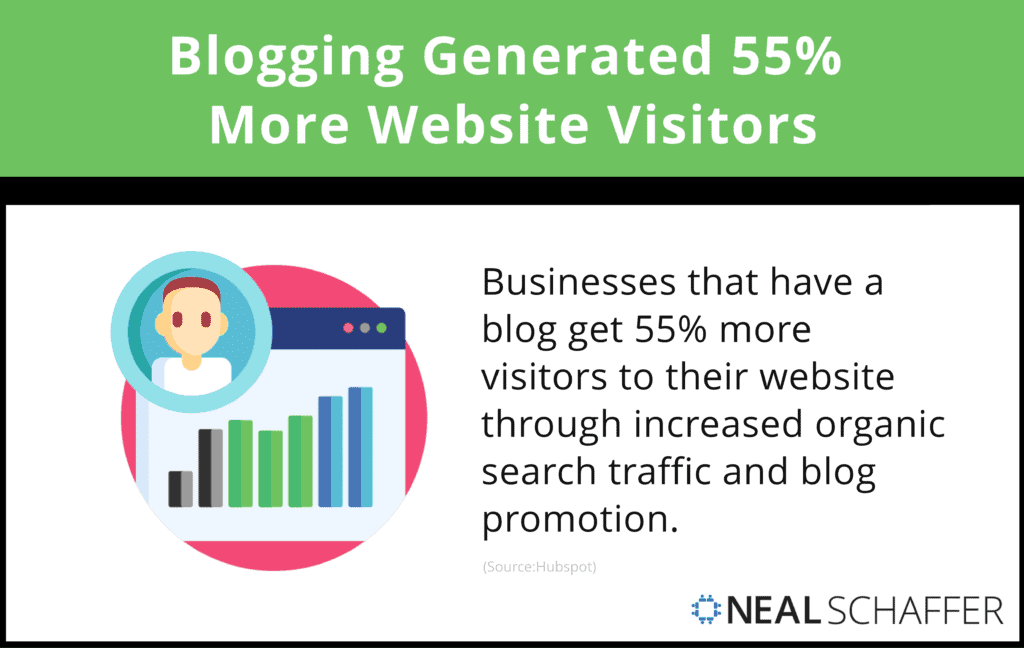
Benefits of a Blog and Joining the Blogging Community
A blog is a fantastic medium to connect with others on the Internet. It is easier for businesses to target their ideal audience using the keywords they search for. Individuals can master blogging basics and earn money while writing/creating content about topics they love, even if they’re not seasoned content writers.
Here are some benefits to inspire you to start blogging:
- Powering your SEO
Search engines like Google love fresh and original content that provides valuable solutions to users’ queries. With consistent blogging, you not only create opportunities for search engines to solve a user’s query but also make room to plug in keywords that affect your business visibility.
The best part is that one can master the basics of blogging, remember the tips in this beginner’s guide to blogging, and begin creating meaningful content. Furthermore, it opens up avenues for backlinking and being recognized as an industry expert.
- Building relationships with potential and existing customers
Blogging is a great inbound marketing tool. It attracts customers by providing something valuable before asking for anything in return. It also helps build a loyal fanbase and a strong customer relationship.
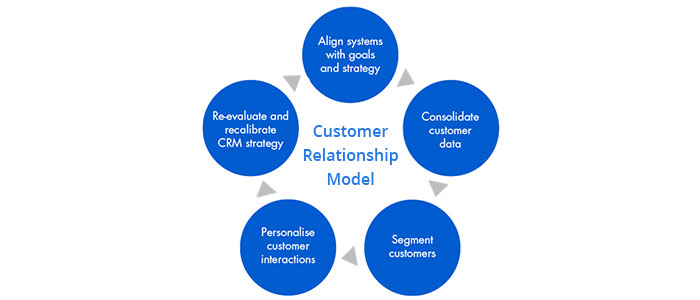
- Establish your brand authority in the industry
When you provide reliable answers to what people are actively searching for, you build trust among your readership, and they view you as an industry expert. Over time, your branded blog becomes a “go-to source” for searchers and adds to your credibility. You just need to master the basics of blogging to appeal to your audience.
- Generate leads
Perhaps the most important benefit, which could also be why you started blogging in the first place, is that blogging is a lead generation tool. Blogs bring highly qualified inbound leads for the product or service you are marketing.
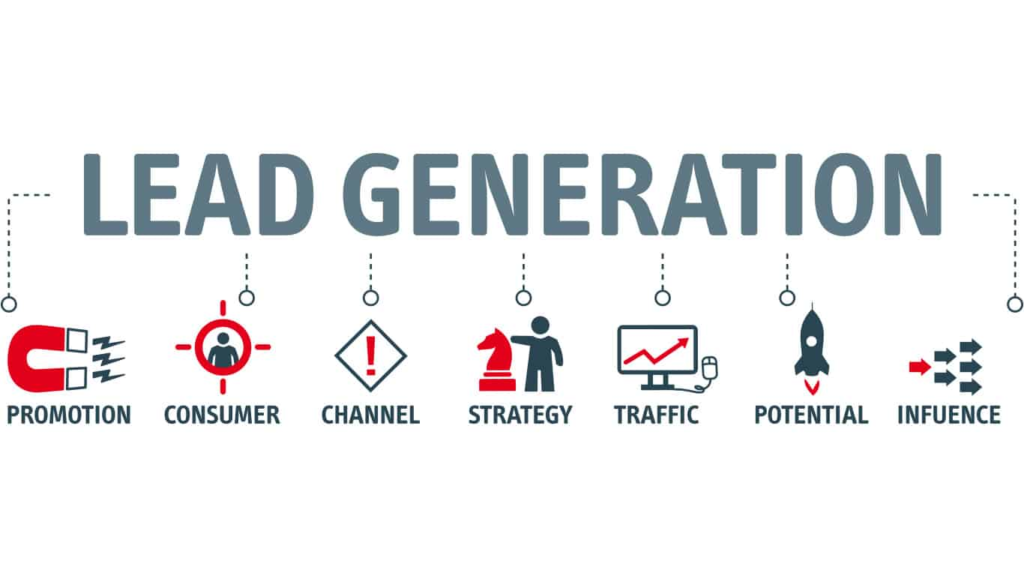
Remember the most important tip in this beginner’s guide to blogging: you must create meaningful content targeted toward a specific audience. Do not try to be a generalist. Specialists are more likely to stand out.
A well-structured blog targets users at various stages of their buying journey, gently leading them through the funnel and nurturing them as customers. This is why new bloggers need to note the blogging basics.
- Collect emails for personalized promotions
According to Backlinko, personalized emails can lead to 6x revenue and transaction rates. And how do you get those personal emails? Asking your readers to subscribe to an email newsletter is a good way. This opens up a doorway to occasional personalized promotions.
6 Blogging Basics to Master
In this section, we list down the basics to write a blog. Once you learn this, you will be able to take your blog to the next level.
1. Choose a niche and a website
The most important thing to note in all the blogging basics is deciding the niche or subject you will be writing on. Always remember that to be successful, your blog needs to be a product of your passion, what you’re good at, and what your ideal audience wants to be successful.
Pro blogging tip: Don’t try to write about anything and everything. Take your time to figure out what people are interested in and what you would like to read about. Figure out your niche.
Once you zero in on your blog topic, you need to set up the blog site. Choose your blog name and register a website domain with the same name. If the .com domain extension is unavailable, you can try to register with .net or .org, or according to your country (.in, for example).

2. Choose a web hosting and CMS
The next bit may sound a bit technical, but it’s a simple step-by-step process that you need only tackle once. Your blog stands on two pillars: web hosting (also known as blog hosting) and CMS (content management system).
A web host stores all of the files for your blog and delivers them to the user when they type in your blog name. Think of it as a place where all your files and posts live—for example, BlueHost and GoDaddy.

A content management system (CMS) is software that helps you manage your content, write, edit, publish, and more. WordPress is a popular CMS as it has an easy-to-navigate interface and is highly customizable, even if you’re not a developer or have minimal technical knowledge.
Word Press would be suitable if you are just starting to master the basics of blogging. The WordPress site via BlueHost (or even a self-hosted WordPress site, if you have some technical knowledge and experience) is popular due to the wide berth of flexibility and the creative freedom.
3. Design your new blog and pick a theme
Now you have a blank slate; the next step in blogging for beginners is to fill the slate with your ideas and words. To truly reflect your brand (personal or business), you must pick a theme and website design that mirrors your personality, thoughts, and values.
For example, if you are a climate activist promoting plant-based products, you may choose a theme with green, brown, and beige colors. Another blog writing basic tip to note is to create a logo maker if you’re starting a new business.
4. Add key blogging plugins to find your readers and track stats
Once you master blog writing basics and start writing and publishing content, you’ll need to add a few plugins to perform complex functions. For example, if you want to attract visitors from search engines, you may need SEO plugins such as RankMath or YoastSEO.
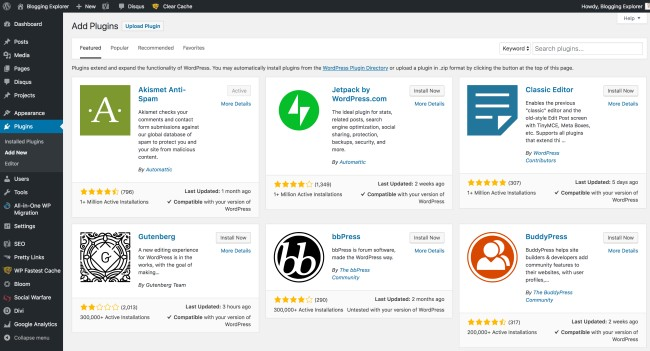
Again, if you wish your readers could share the post on social media, add a plugin like WP Social Sharing. Whatever you want to do, there probably exists a plugin for it already. A blog writing tip for beginners is to set up Google Analytics and Search Console for your blog to track who is visiting your site and gather useful behavioral insights.
5. Write compelling content to create a blog that your readers love
Now that your blog is set up, start creating posts that hook your audience and get them to keep scrolling till the end. To understand what your readers want to know and what they are interested in, use tools like Keyword Planner, Ubersuggest, and HubSpot Blog Topic Generator. Most beginners’ guides to blogging recommend these.
Pro blogging tip: Ensure your blog title and introduction are catchy but avoid clickbait. Aim to let your readers know the blog post’s subject within the first few sentences.
6. Optimize your blog content for SEO and promote it on social media
Publishing the post is only half the work. You must also promote your content on social media platforms. And also, optimize it so that search engines can find it and display it to people looking for it.
To optimize content for SEO, use the keywords in headings, subheadings, and pepper them in the content organically. An important blogging tip for beginners is not to overstuff the content with keywords, as this can hurt SEO.
Once your blog kicks off with a steady readership, a blogging tip for beginners is to make an email list. Send out e-mailers and newsletters to retain readers and take your relationship with them to the next level.
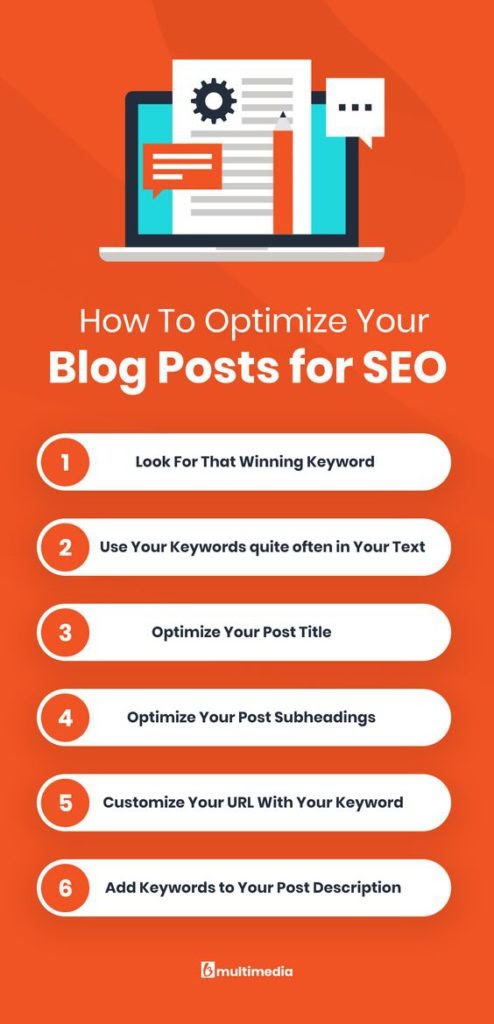
7 Blog Post Mistakes to Avoid
1. Focusing on quantity over quality
A rookie mistake that most new bloggers make is to publish tons of blogs. More blogs don’t mean better results. Even if you don’t post twice a day, better blogs represent better results.
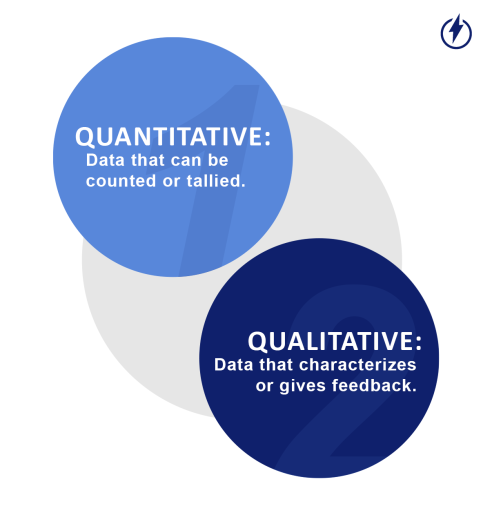
However, quality blog posts are published daily to yield the best results. Aim to post longer, well-detailed blogs (more than 2000 words) to attract more visitors, shares, and inbound links.
2. Poor grammar
Misspelled words and poor sentence structures are a massive turnoff for readers. Check if your blog has sound grammar and no typos before publishing. Use a tool like Grammarly to save time and produce well-worded posts.
A practical tip from the beginner’s guide to blogging is editing and proofreading at least twice before hitting publish.
3. Failing to select and focus on the right audience
Your blog cannot please everyone. So don’t aim to capture every kind of audience with your posts. Carefully select your target audience and cater only to their needs via your blog. As you master the basics of blogging, you also have to master selection. Become a specialist in your chosen niche and create content that appeals to a specific demographic.
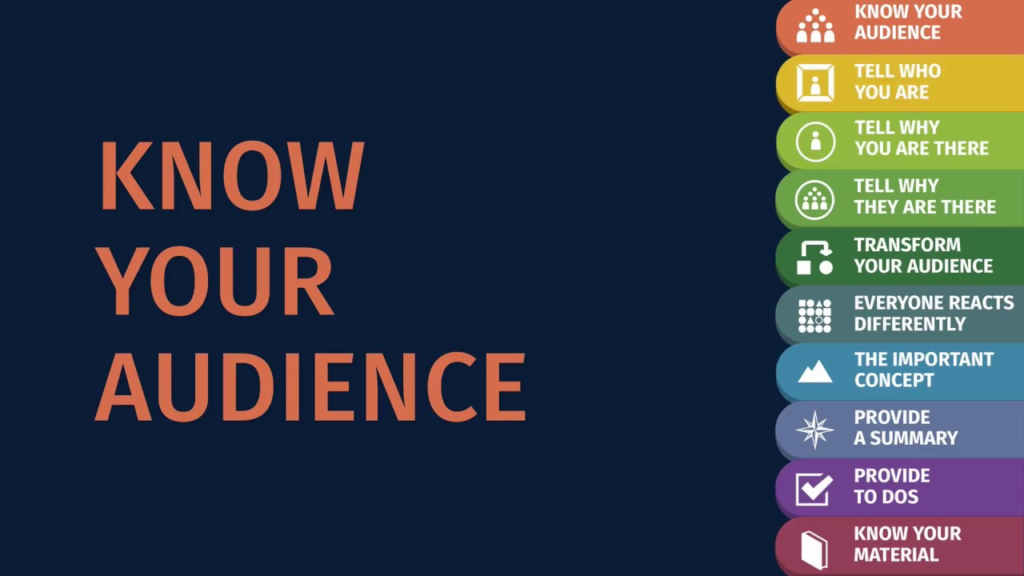
4. Inconsistent posting
Create a content plan and stick to it. Post blogs consistently and maintain a regular blogging schedule to see significant results. Doesn’t more posts mean more value? Stepping away from the keyboard can also lead to a dip in your visitors.
After you master blog writing basics and begin publishing posts, it is recommended that you use a blog topic generator or content idea generator to get fresh blog ideas and schedule them accordingly for publishing consistently.
5. Not giving your audience something they can take home
If you only talk about conceptual, intangible ideas without actually telling your readers how to solve their problems, your growth will stagnate. Include actual, actionable steps that can help your readers see a significant difference from what other bloggers tell them. The most effective blogging tip for beginners is to create simple, easy-to-digest, readable content that resonates with your audience.
6. Focus on long-term benefits rather than short-term analytical goals
Mapping short-term benefits, like traffic from social shares and email subscribers, doesn’t prove the enduring value of your blog. Even if your blog is not bringing in a lot of traffic after a few days, don’t abandon it prematurely.
Your blog’s ROI can be judged over a significant period, during which the cumulative organic traffic to your blog will grow steadily. Even if that doesn’t happen, you shouldn’t shut shop and sulk. Instead, find out what’s going wrong and update your blog accordingly. Few people get blogging right at the first attempt.
7. Making claims without any backing
Do your homework and back up your claims with research and data. The most important blog writing basic to note is never to make empty statements. Suppose you claim that businesses can’t afford to neglect Instagram marketing for brand awareness.
In that case, you should back it up with statistics like “As per a Hootsuite report, 50% of Instagram users are more interested in a brand after seeing its ad on the platform.” This lends credibility to your arguments and helps establish you as a reliable and trustworthy source in the eyes of your customers.
An important blogging tip in any beginner’s guide to blogging is to cite the source you take your information from. This gives the source due credit and prevents plagiarism claims. Another good blogging tip and trick is to use plagiarism-checking software while editing the draft.

Monetizing Your Blog
Blogging as a steady source of income takes time, consistent efforts, and patience. Having said that, it can be a lucrative profession that pays off in the long term. If you follow the tips and nail the blogging basics, you are already off to a good start.
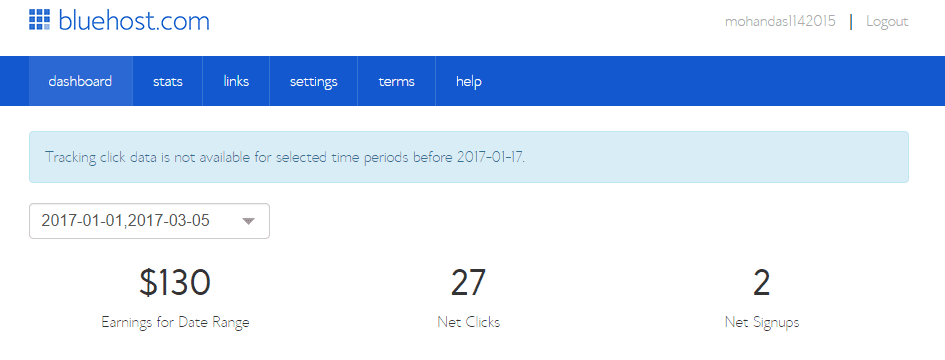
Here are some blogging tips to can earn money while blogging:
1. Directly sell a product or service
Blogs are your owned medium, unlike platforms like Instagram, Facebook, and Medium, where you compete to grab eyeballs. If a person is reading your blog, you likely have their undivided attention. So make the most of it and promote your product or service while still adding value. When you are learning blogging basics, also learn how to monetize your blog.
2. Display ads
The space around your content is visual “real estate” that other businesses would pay to be on. So, a vital blogging tip from the beginner’s guide to blogging is to partner with AdSense or a similar program and monetize your traffic.
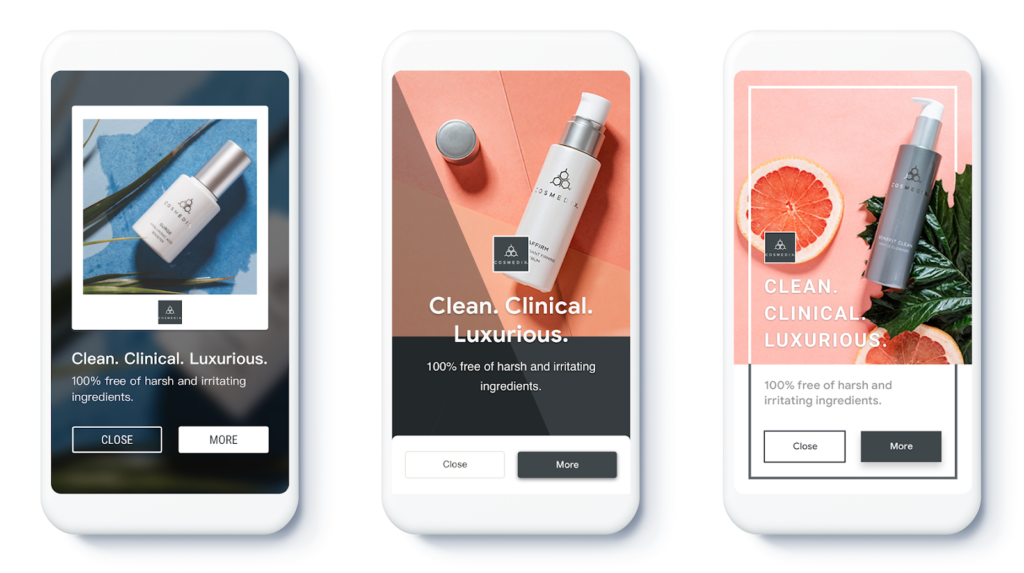
3. Affiliate marketing
If you have successfully established your authority as an industry expert, you can earn some commission by recommending products or services to your readers. This is called affiliate marketing and may prove to be the most profitable blogging basic to master.
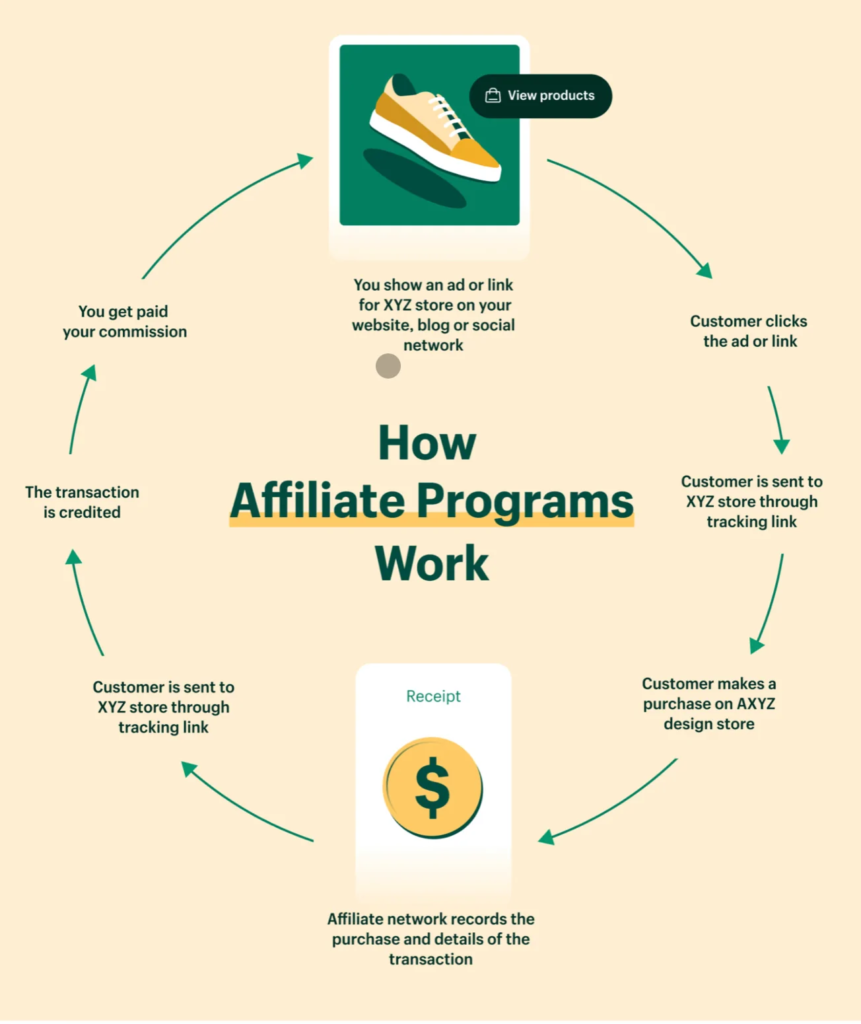
4. Create a course
As an expert, you can teach aspirants how you scaled success in your domain. If you have mastered the blogging basics, established some authority, and can ensure that your course delivers more value than it costs, your ‘students’ would spread the good word.
5. Offer sponsored posts
Monetize your traffic and domain authority by letting other businesses speak to your readers directly via your blog. Sponsored posts may be written by a guest blogger on your site, enriching your audience’s experience with their expertise.
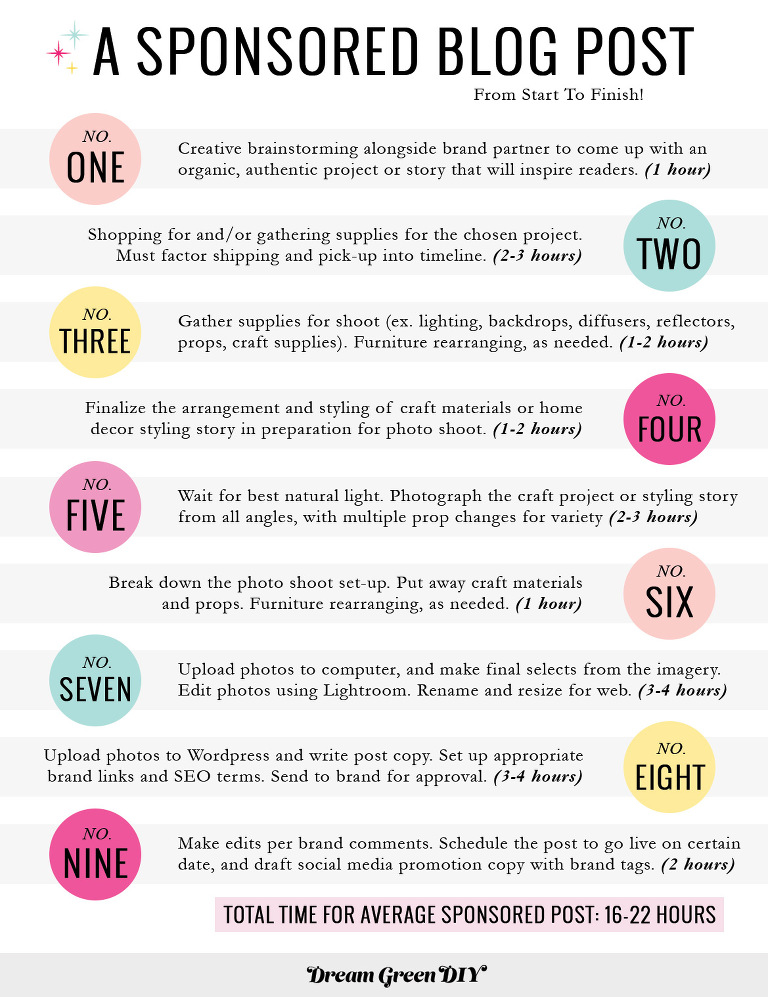
Now that you know the essential blog writing and monetizing basics from this beginner’s guide to blogging, let’s look at some resources to scale up.
Useful Blogging Resources
1. Learn
- Neil Patel’s SEO Unlocked: This is an excellent course to learn SEO for beginners. SEO is a crucial blogger basic that helps you push your blog to the top of the search results, and this course will teach you exactly how to do that.
- HubSpot Content Marketing Course: Content marketing goes beyond writing and publishing posts. This course will teach you how to successfully market your blog like a product. Monetizing your blog is another crucial blogging basic tip to learn.
- Google Digital Unlocked: Covering most of the pillars of digital marketing, this is a holistic course that lays a solid foundation for your blogging journey.
2. Design
- Canva: Featured images, Facebook posts, and more are just a few taps away. Make the most easily customizable, catchy designs with Canva.
- Adobe Spark: Beginners with near-zero design experience should also try to create simple yet effective banners or short videos. They can do so with this tool easily. Creating appealing content is one of the essential basics tips of blogging.
- Adobe Photoshop or Illustrator: If you have some experience with graphic design, these are the best tools to use.
3. Miscellaneous
- Grammarly: Write error-free sentences that hit home. It will save you some time while editing and proofreading. One valuable tip to note from this beginner’s guide to blogging is never to post misspelled content. It creates a wrong impression on your audience.
- My Hours: Track where your time goes and which tasks take up the better part of the day. This is an excellent tool to boost productivity.
- Hello Bar: Hello Bar is a lead capturing tool to integrate into your blog and prompt users to subscribe to your newsletter.
- Copyscape: Another valuable tip from this beginner’s blogging guide is never to plagiarize content from someone. It will ruin whatever reputation you have gained. If you go through a bunch of similar blog posts before actually sitting down to write, you may want to check if you’re not accidentally plagiarising. Create 100% unique blogs with Copyscape.
Key Takeaways
- Blogging is a tool to help you develop your online presence, engage with your audience, attract leads, and ultimately grow your business.
- One of the most preliminary blogging basics to note is to invest in creating an editorial calendar. A content calendar would help you to maintain a consistent posting schedule.
- Choosing a niche is the first step in blog writing basics.
- SEO plugins like RankMath or YoastSEO and share plugins like WP Social Sharing are crucial in popularizing your blog.
- The basics of blogging also include tracking how many users are visiting your profile, where they are dropping off, and so on with tools like Google Analytics.
- The most critical blogging basic that everyone is curious about is the monetizing aspect. You could create a course, sell a product, display ads, and use affiliate marketing to generate revenue from blogging.
The Final Word
The distance between the consumer and the brand is diminishing every day. Blogging is one of the best ways to create an effective channel of communication with your subscribers. The basics tips of blogging include picking a niche of your interest and expertise and writing content on it.
The most important tip to note in this beginner’s guide to blogging is to pick out an ideal content persona and write content tailored to that persona. This would increase your chances of ranking as more subscribers would find the content they love.
Do not underestimate the power of blogging basics like keywords and plug-ins. Blogging, when done right, can open up many avenues of opportunities for growth and revenue generation. However, it also needs time to perfect. So be patient, publish content consistently and deliver value with each blog post.
FAQs
Yes, definitely! While the number of bloggers has risen considerably in the past few years, you can still start your blogging journey in 2022 and scale it successfully. The most critical blogging basic to nail is to pick a niche you want to write on.
According to First Site Guide, more than 40% of the web is built on WordPress. Squarespace is beginner-friendly, but it doesn’t help when you scale up your business with advanced features like searchable databases and multi-lingual support.
In simpler words, if you have big plans for your blog, then WordPress is the way to go. WP Social sharing is a sharing plug-in that helps your subscribers share it on social media. It is not enough to nail blog writing basics; you have to design your blog for easy readability.
Absolutely not! Blogs are most definitely not dead. If anything, they are evolving to better accommodate the modern consumer with videos and infographics for quick and easy content consumption.
When you are still nailing blogging basics, experiment with different forms of content. Nowadays, top-rated blogs contain infographics, images, gifs, and videos. In short, visually appealing content is a huge hit. You can also repurpose blogs into videos and audio content.
You can start a free blog via WordPress.com, Blogger, Wix, Blogspot, and so on. However, you won’t have a custom domain name or a unique website theme. If you have expertise in any niche and want to create blog posts in that domain, you can begin on any of these free sites. Once you have a steady readership, you could acquire a custom domain name.
The frequency of blog posts mostly depends on your business and your content creation process. For SMEs, publishing 2-4 blogs in a week might be good enough, whereas large corporations (or even full-time bloggers) can publish daily for the best results.
The recommended tip in any beginner’s guide to blogging is to publish at least two to four blog posts a week. Most experts say that once a writer has nailed blog writing basics, they should create meaningful, relevant content for a targeted audience. Content relevance and quality content are the two most important pillars to keep in mind when creating a blog post.
Latest Blogs
Learn how to rank on AI search engines like ChatGPT, Perplexity, and Gemini by optimizing your content for authority, structure, and relevance. Stay ahead in AI-driven search with this strategic guide.
Explore the best healthcare SEO services for your medical practice. Improve online visibility and effectively reach more patients in need of your services.
Discover top social media agencies specializing in banking solutions, enhancing financial services and driving engagement.
Get your hands on the latest news!
Similar Posts
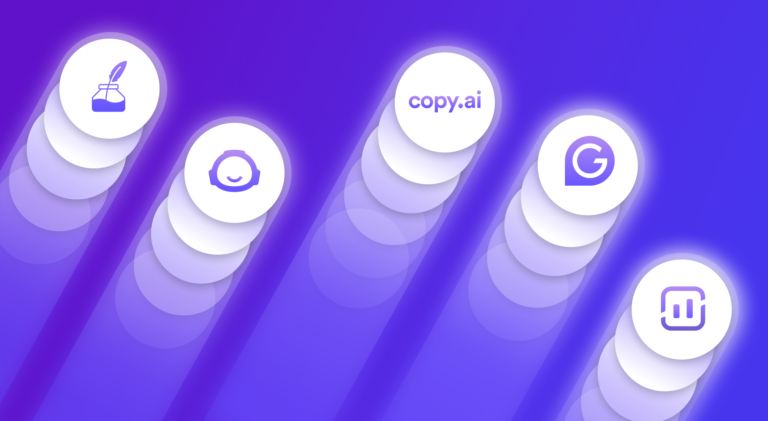
Artificial Intelligence
5 mins read
Top AI Blog Writing Tools for Website Monetization
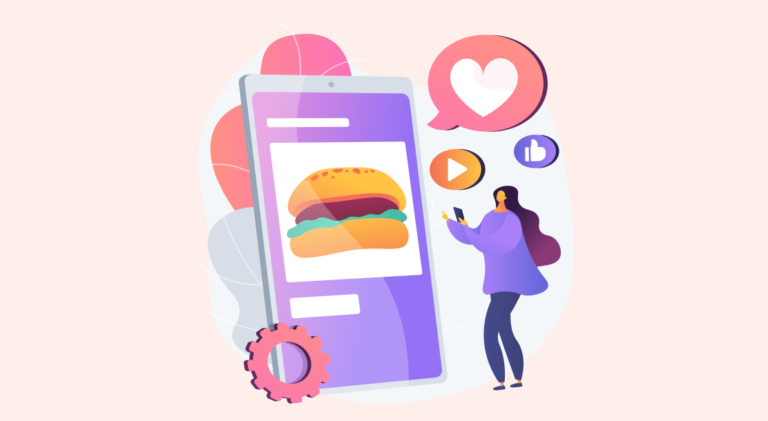
Blogging
10 mins read
How to Start a Successful Food Blog in 2022

Blogging
4 mins read